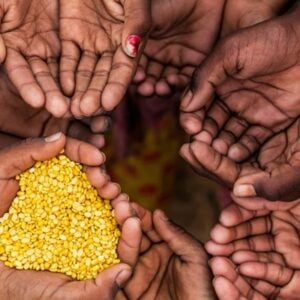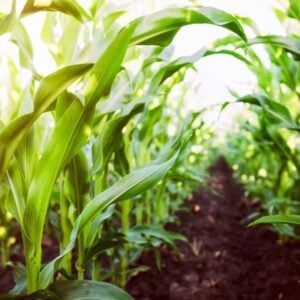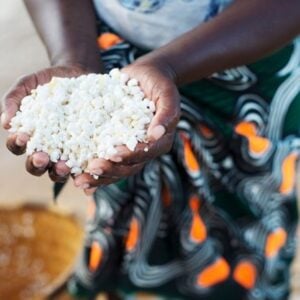Uganda is currently grappling with a deepening refugee funding crisis. Its progressive policy, which allows refugees to work and access public services, along with its geographic proximity to regional conflicts, has made it the largest refugee-hosting country in Africa. However, emergency aid funding is set to run out by September, putting the lives of vulnerable groups—including malnourished children and girls at risk of sexual violence—in greater danger. The UNHCR warns that it can only afford $5 of aid per refugee per month, far short of the required $16.
Most refugees in Uganda are arriving from Sudan, South Sudan, and the Democratic Republic of the Congo, fleeing armed conflicts and severe food insecurity. Many are children in desperate need of safety and care. A recent visit to a refugee camp highlighted the plight of a 16-year-old girl from South Sudan now responsible for her younger siblings. She, like many others, has been forced to focus on survival rather than education or long-term goals. With only 25% of the required funding available, essential aid is rapidly dwindling. UNHCR emphasizes that while Uganda has generously opened its services to refugees, it cannot sustain this model without international support.
Meanwhile, Serbia is facing a test of its democratic resilience as protests continue to be met with government crackdowns. What began in late 2024 as a public outcry over an infrastructural failure that killed 16 people has evolved into a broader movement demanding accountability and justice. Independent UN-appointed human rights experts warn that the government’s response—marked by violence, arbitrary arrests, and attacks on academic freedom—threatens to dismantle democratic institutions.
Reports indicate that educational institutions have come under government pressure, with some faculty members facing salary cuts and high school teachers being threatened for showing solidarity with the protests. According to human rights experts, this repression undermines academic freedom and violates international norms. They call on the Serbian government to recommit to human rights and democratic principles, particularly protecting academic spaces and upholding justice.
In Afghanistan, a new initiative is being launched to support rural communities through agricultural resilience. The Food and Agriculture Organization (FAO), in partnership with the United Kingdom, has introduced the Resilient Agriculture Livelihoods (ReAL) program. This effort aims to assist over 150,000 people—including smallholder farmers, women, and landless laborers—across all eight regions of the country by May next year.
FAO representatives highlight that Afghan farmers, though resilient, have been worn down by repeated economic and climate shocks. The ReAL program intends to improve food production and nutrition while also strengthening long-term resilience through better market access and climate risk management. From 2022 to 2024, FAO had already helped over 30 million people, cutting the national food insecurity rate by half. With agriculture being central to Afghan livelihoods, the new program is expected to have long-lasting benefits by reducing dependence on humanitarian aid.







